Gold mining in the Amazon is one of the main environmental problems in Latin America.
And cross borders.
The fever for the consumption of this mineral leads to its excessive exploitation, which generates contamination and implies serious consequences for the health of those who participate in the process.
Indigenous women are the most vulnerable, since they directly handle mercury, a highly toxic element, which is used to separate gold from stones.
They do so without understanding the serious consequences for themselves and for future generations.
03:00
Golden Women
Bolivian photographer Wara Vargas visited the gold-bearing zone of the Bolivian Amazon and put her lens on the women of Barranquilla, who are the ones who extract very small gold nuggets from the waste of companies and cooperatives.
Virtually all the inhabitants of Alacarani, a community of 129 neighbors 230 kilometers from La Paz, are engaged in the gold business.
In this corner of the Bolivian Amazon, little thought is given to the biodiversity that protects the jungle.
The fever for the mineral is already wreaking havoc and large machines, like the ones seen in the photo, work at full speed degrading the landscape indiscriminately.Wara Vargas
About 5 kilometers from there, the vegetation around the town of Guanay is overwhelmingly green.
With its 15,000 inhabitants, this is one of the most important gold mining centers in Bolivia.
Around here the tropical jungle dominates everything.
Or dominated.
Now, the green has been replaced by heavy machines, fallen forest and dirty rivers.
Man is destroying the world's largest rainforest in the name of rampant development.
Aerial view of the machinery that removes earth, in search of gold veins.Wara Vargas
Juan Carlos Almanza is responsible for a project that promotes mercury-free gold extraction in Bolivia, carried out by the Plagbol Foundation with funding from the Danish NGO Diálogos.
He is very concerned about the consequences of the gold mining industry in Bolivia: “The problem is that gold runs out, as we have seen in some communities.
And people either emigrate to the city or live in very precarious conditions, so it's a very complicated situation.
You can see here in Guanay that the environmental damage caused by this mining is terrible.
It costs a lot to recover this land, the companies do not do anything with social responsibility;
they extract, they finish, the gold runs out, and they leave and leave everything destroyed”.
Plagbol, with the support of Diálogos, are working on a project in which they teach about the negative consequences of the use of mercury and show alternatives, such as borax salt, which is already used in the mining industry in the Philippines, Nicaragua and Uganda.
Although this material is cheaper and has not been shown to cause health or environmental problems, it is much more labor intensive than mercury.
Almanza, from Plagbol, is especially concerned about women from Barranquilla, who handle mercury, an element used to separate gold from stones. "They are a vulnerable group because they are women in their fertile stage. Mercury toxicity can harm their children while they are pregnant. It is a very vulnerable group and you have to work hard to avoid it," he says.
In the image, machines moving earth for the dredge, in search of gold veins, in the community of Alacarani.Wara Vargas
Barranquillera women from the Alacarani community work with pans to pan for gold.
Mercury, a poisonous heavy metal, is banned in most countries around the world for many things;
dental uses, thermometers in hospitals, mining, cosmetics... Bolivia is one of the 113 countries that signed the Minamata agreement, which prohibits the use of mercury, but has not complied.
Its use for mining is still common.
In fact, the country is the largest buyer of mercury in the world, according to official statistics.
Due to gold mining, environmental law No. 1333, which prohibits river pollution, is also violated.
According to the United Nations Environment Program (UNEP), in 2020 this activity caused some 100 tons of this liquid to be dumped into rivers.
The UN has officially criticized Bolivia for this reason and for breaching the Minamata agreement.
wara vargas
The use of mercury in Bolivia also worries the Ombudsman: "In the country there are no material, technical or economic conditions to protect human health and the healthy environment from anthropogenic mercury emissions produced mainly by gold mining activity , whose imports have grown in a sustained and exponential way, despite being a highly toxic metal,” said the Ombudsman, Nadia Cruz, last year.
In the image, the gold smelting process that was amalgamated with this substance.
wara vargas
Among the ailments that have been reported by those who handle mercury is osteoarthritis, which deforms the hands of women from Barranquilla like that of this woman from the Alacarani community.
The vapor of this metal affects the nervous, digestive and immune systems, as well as the lungs and kidneys, and can be fatal.
It is enough to inhale it, ingest it or even just touch it to start feeling its effects.
The most common symptoms reported by these women are tremors, difficulty sleeping, memory loss, headaches, and loss of motor skills.
However, most of the inhabitants of Bolivia's gold zones are unaware of the risks of the job.
wara vargas
Mercury can be purchased without any special permit in the area, contrary to what happens in other countries in the region such as Colombia and Peru and throughout the European Union.
According to the Minamata Convention, the sale of mercury for use in mining is prohibited, since it is one of the 10 chemical substances that most threaten public health, according to the World Health Organization (WHO).
In Bolivia, a one-kilo vial of mercury, like the one in the image, sells for between 1,400 and 2,000 bolivianos, between 200 and 280 dollars.
wara vargas
Indigenous women have learned to extract gold practically from company waste.
Kenia Argandoña Machicado is 39 years old and is from the community of San José de Pelera.
She belongs to the Leco indigenous people.
She and her partner have been miners all of her life, as have her parents.
In the image, she shows a gold nugget, freshly melted down after being amalgamated with mercury.
That metal is in the work routines for gold extraction.
With it, they manage to catch the tiny pieces of the precious metal that they obtain by washing the sandy material from the river.
An amalgam is then formed.
When heated, the gold remains and the mercury evaporates;
This is a highly polluting time.
"This way not a single spark is lost, on the contrary, everything is rescued. We don't know of other ways, without using mercury. Before all this gold extraction, the area had crystalline rivers with fish. We no longer have that, we can no longer fish in the river," says Kenia.
"We are damaging the fish, we are damaging the river, we are damaging all those things and that worries us a lot."
But many women like her feel they have no other choice.
wara vargas
One of the few existing studies on mercury contamination in Bolivia was published in June 2021 by the International Pollutant Elimination Network (IPEN) and revealed that indigenous women who handle mercury have high levels of this toxic metal in their bodies.
The study examined women of childbearing age in this country, Brazil, Colombia and Venezuela.
More than half of the study participants exceeded the threshold established by the United States Environmental Protection Agency, from which the negative effects on the development of the fetus begin.
wara vargas
Barranquillera women from the La Pelera community look for gold to wash in a pit made by machinery.
“We knew nothing of the risks, nothing.
Now that we have access to the internet, we can inform ourselves, but can you imagine what it was like five years ago?
We even sometimes handle mercury while eating because we were unaware that this substance was harmful to us,” she says.
“It is a necessary evil because we also need to extract the gold,” explains Kenia Argandoña.
There is currently a bill in the Bolivian Chamber of Deputies for the State to buy gold from cooperative members, which worries Juan Carlos Almanza, from the Plagbol Foundation: "This will increase gold production and the use of mercury."
He estimates that it could be approved within a month.
wara vargas

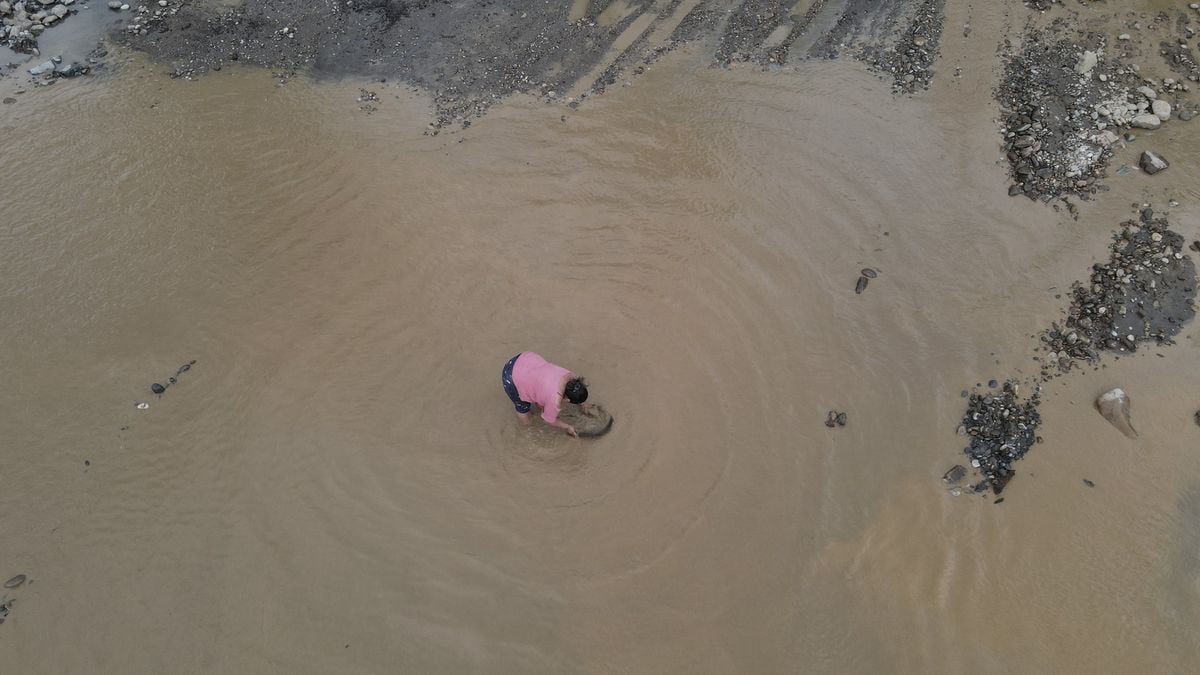



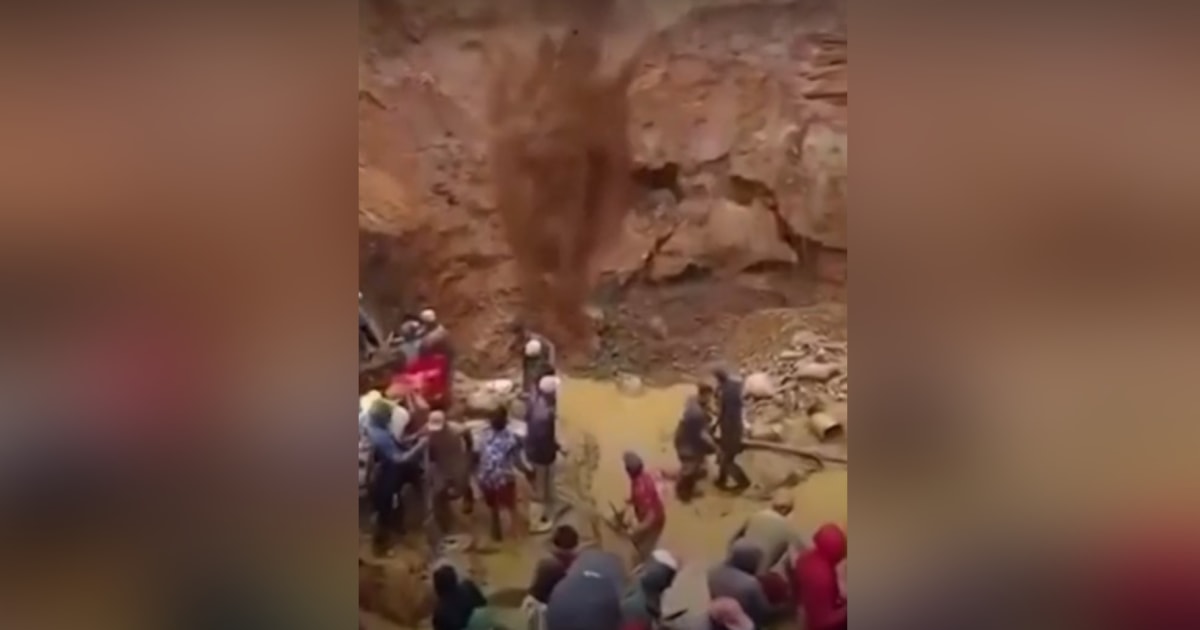
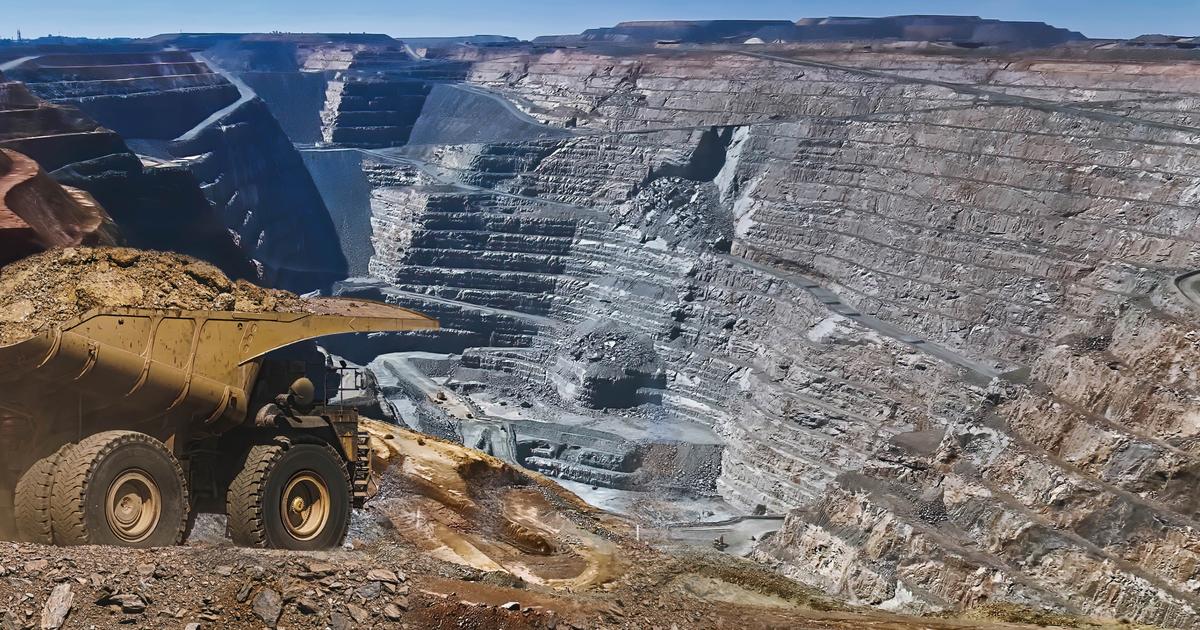
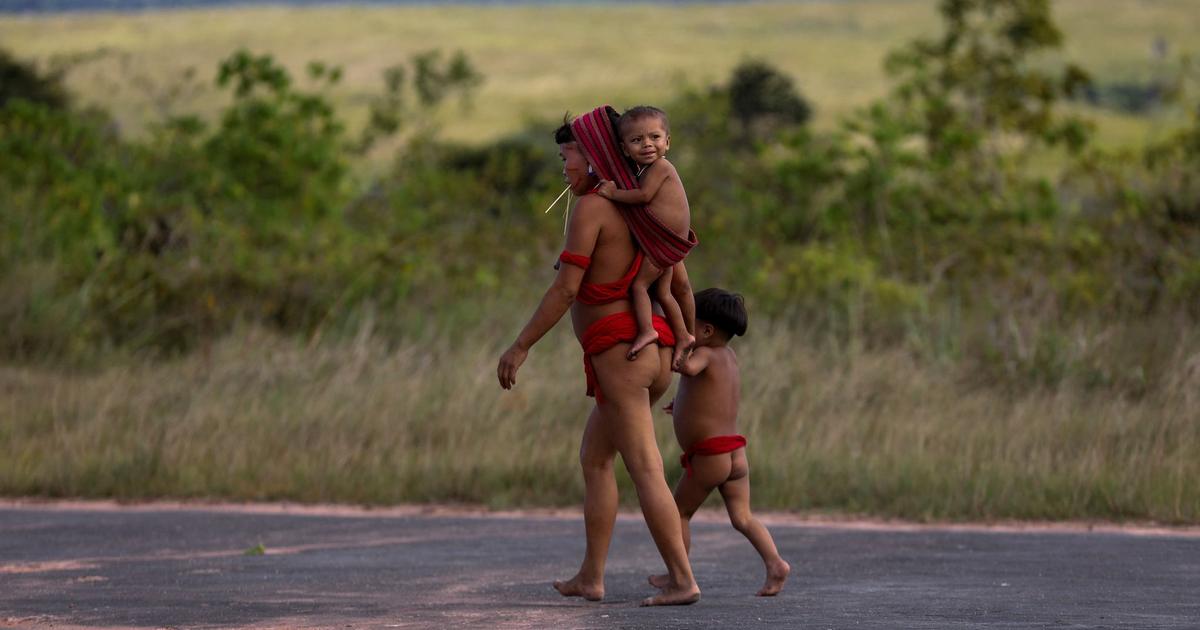
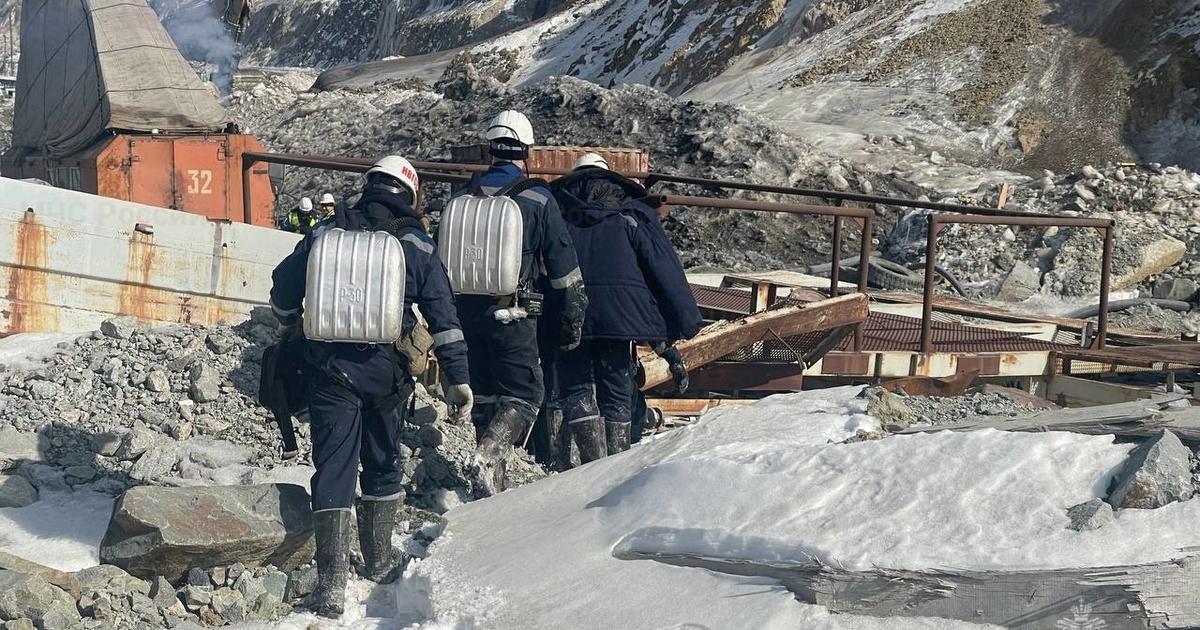



/cloudfront-eu-central-1.images.arcpublishing.com/prisa/KMEYMJKESBAZBE4MRBAM4TGHIQ.jpg)


